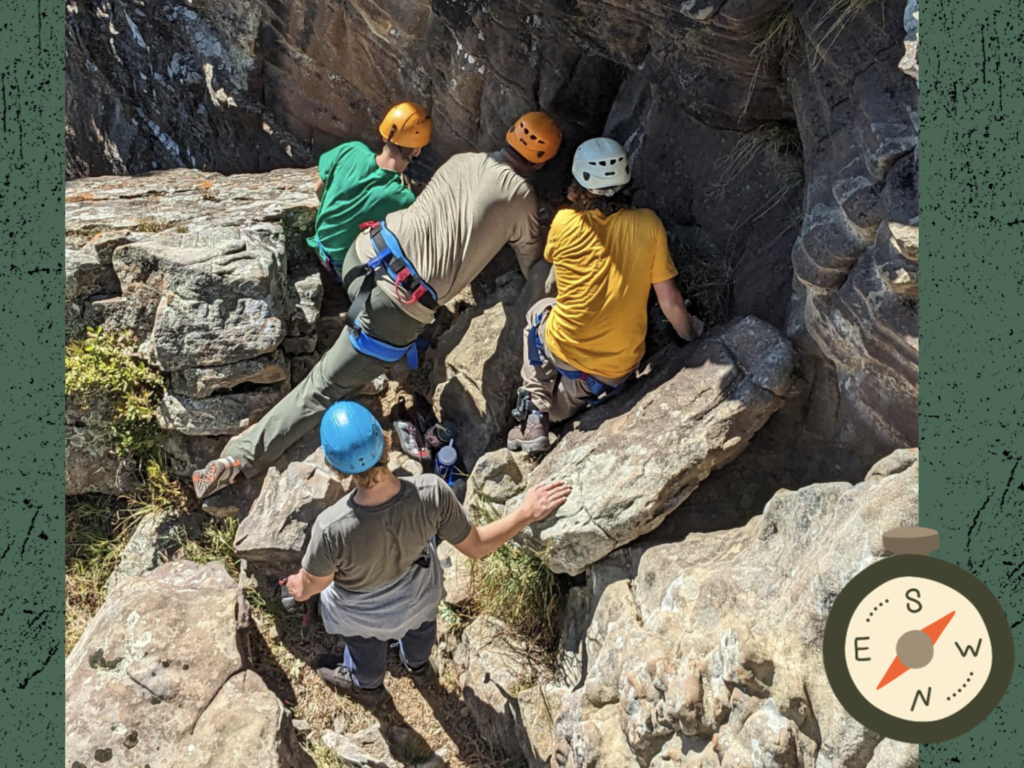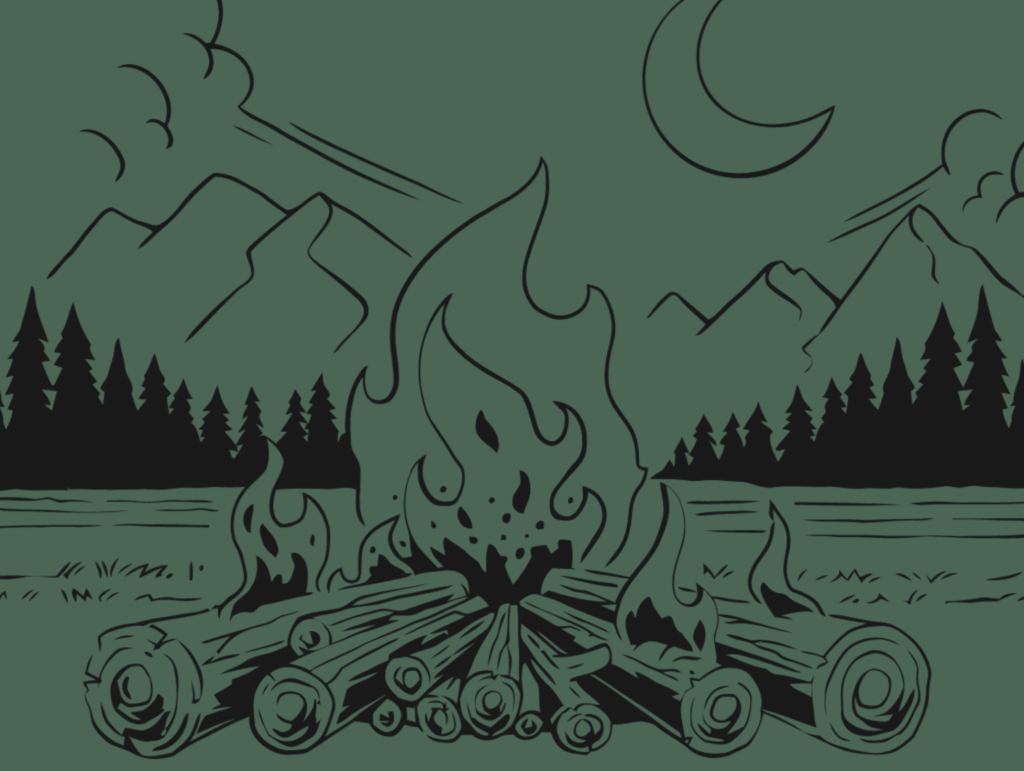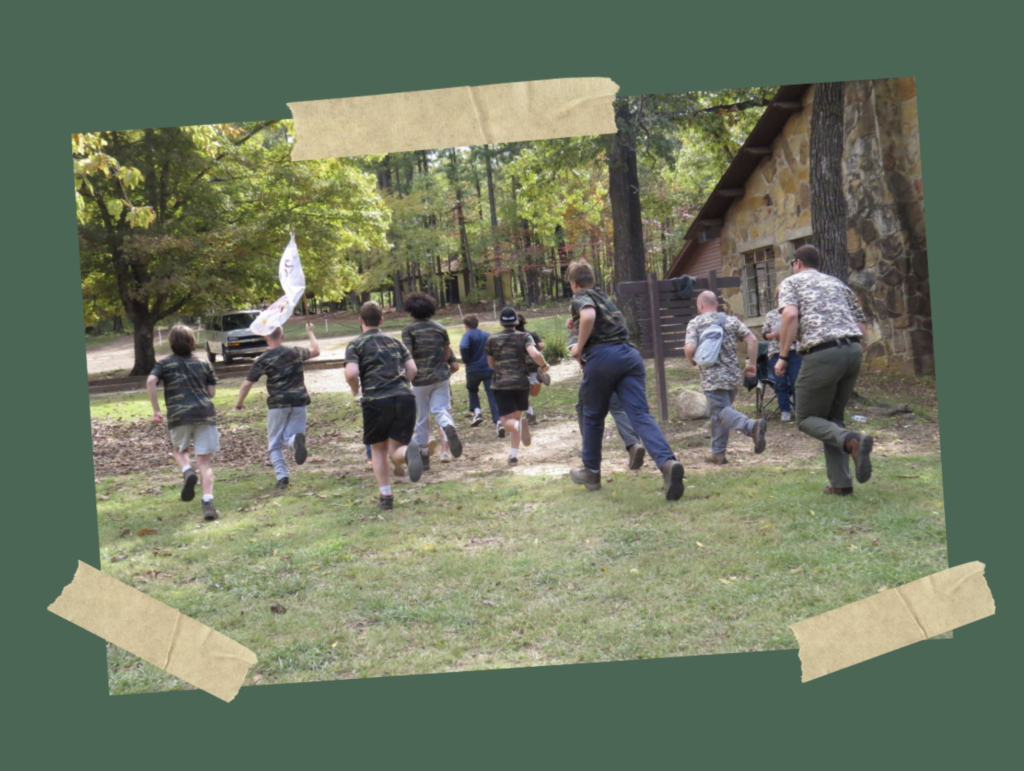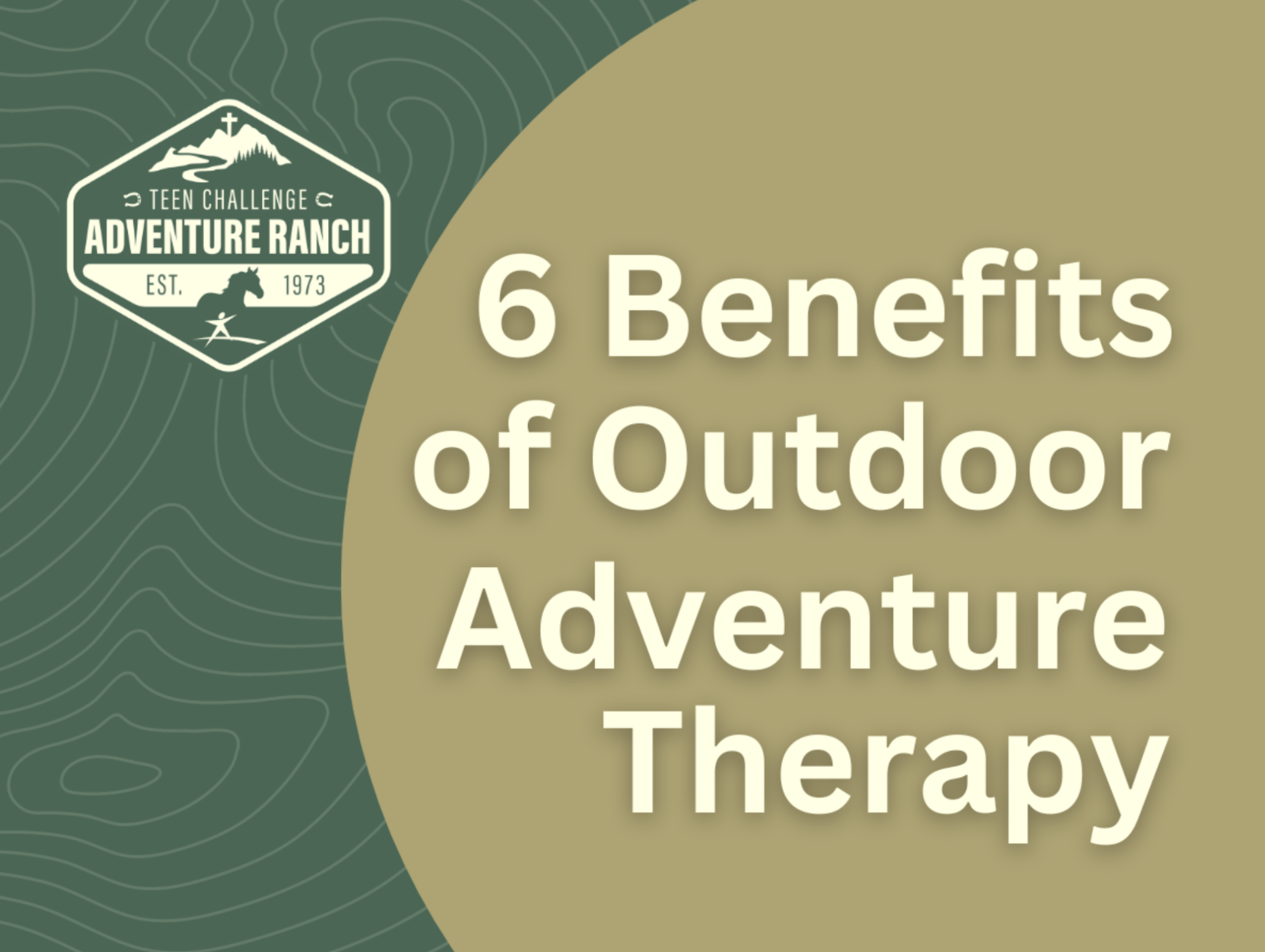Outdoor adventure therapy for teens provides an opportunity to learn healthy coping mechanisms, building confidence, resilience, and adaptability.
A breath of fresh air isn’t just good for the lungs–it’s good for the soul.
Outdoor adventure therapy, also known as wilderness therapy or adventure-based therapy, is a therapeutic practice that uses outdoor activities to stimulate personal growth. It is a form of experiential therapy that typically involves activities like hiking, camping, canoeing, rock climbing, and other outdoor challenges.
For teens struggling with symptoms of anxiety, depression, low self-esteem, and poor emotional regulation, outdoor adventure therapy programs can provide an opportunity to heal that doesn’t feel like traditional therapy.
Here is a quick look at the benefits of outdoor adventure therapy.
1. Improved Mental Health and Well-Being
Natural settings have a calming effect. Studies have shown that environments with green spaces, water, and natural landscapes can significantly reduce stress and anxiety levels. The sights, sounds, and smells of nature can trigger positive sensory responses, which help calm the mind.
Additionally, when we spend time outdoors, we also:
- Increase Physical Activity
- Increase Exposure to Sunlight (Vitamin D)
- Occupy Our Mind with the Task at Hand
- Engage in Positive Social Interaction
- Gain a Sense of Being a Part of a Bigger World
2. Opportunity to Build Confidence & Self-Esteem
Overcoming a physical challenge, like rock climbing or navigating a trail in the forest, fills us with a sense of achievement and competence. It’s more than physical achievement. It’s more about realizing our potential to face and overcome challenges.
Each step taken outdoors can translate to a boost in self-confidence beyond the task at hand into all areas of life. For many teens, the challenges they will face outdoors are new experiences that provide just the right level of exposure to adversity without overwhelming or defeating them.

A two-mile hike in mountainous terrain is much different than walking a few blocks to the bus stop in a city. Camping in the outdoors and cooking meals over a campfire is very different than lounging on the couch and playing video games.
Each of these experiences creates an opportunity to challenge what we know we are capable of–and prove to ourselves that we can do more than we believe. Each time this happens, we build a little more confidence and self-esteem.
3. Emotional Regulation and Awareness
Life is full of challenges. Learning to deal with adversity using healthy coping mechanisms is a crucial skill, especially for teens with mental health struggles. Outdoor adventure therapy immerses participants in situations where they must adapt, solve problems, and make decisions.
These experiences are metaphorical for life’s obstacles, teaching teens that they can face–and manage–difficult situations. The resilience built in the wilderness provides a tool that teens can carry into their daily lives, helping them cope with stress, anxiety, and other mental health issues more effectively.
4. More Focus on Mindfulness and Attentiveness
Outdoor adventure therapy often involves activities that require focus and present-moment awareness, such as rock climbing, kayaking, or navigating wilderness trails. These activities demand concentration, pulling participants away from distractions and encouraging them to fully engage in the task at hand.
Additionally, the outdoors provides a healthy break from digital distractions and the information overload that causes us to subconsciously filter (or ignore) all the world around us. Time spent in nature–and away from usual environments and activities, can be an effective tool in retraining the brain to be more attentive.
5. Less Dependency on Technology
It’s not uncommon for teens to rely heavily on technology for education and social interaction. In the digital era, technology is everywhere. Unfortunately, this dependence is also fueling many of the developmental challenges that teens face today.

Did you know that youth who use social media for 3 hours or more per day have nearly double the risk of a mental health diagnosis? Additionally, did you know that digital addiction has been likened to hard drug addictions like crack and cocaine?
Any activity that doesn’t require screens is a step in the right direction for improving the mental health of teens struggling with substance abuse, addiction, mental health, suicide, or behavioral problems.
6. Improved Problem-Solving Skills
Outdoor activities like hiking, climbing, orienteering, or navigating through wilderness areas present real, tangible problems that must be solved. Participants must assess situations, consider options, and make decisions that have immediate consequences, enhancing their problem-solving abilities.

In the outdoors, many unpredictable situations require quick thinking and adaptability. This helps develop critical thinking skills as individuals learn to analyze situations, consider various factors, and make informed decisions.
Final Thoughts–Outdoor Adventure Therapy is Effective in Treating Many of the Problems Teens Face
From struggles with anxiety and depression to substance abuse and addiction, there is a long list of benefits to spending time in nature. This makes outdoor adventure therapy an effective component in treating teens with dual-diagnosis conditions like anxiety and behavior or depression and addiction.



